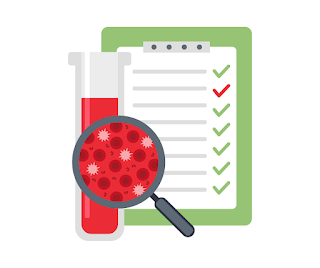Perfecting a Nest
I cover the mew floors with paper every winter to make cleaning up easier without running water. And there comes a point every spring when Carson the Red-tailed Hawk decides that the newspaper is actually nesting material. She drags sheets to the corner, along with a few sticks I provide, and spends time perfecting her nest. This week, I caught her making careful adjustments to her nest. Then squatting down with a stompy shimmy, which I assume is intended to shape the inner bowl of the nest: Even though Carson doesn't have the same resources available as wild Red-tails, she still displays these innate nest building behaviors. Nearly the same behavior can be spotted on this live Red-tail nest cam if you skip to 6 minutes and 25 seconds into the clip:


